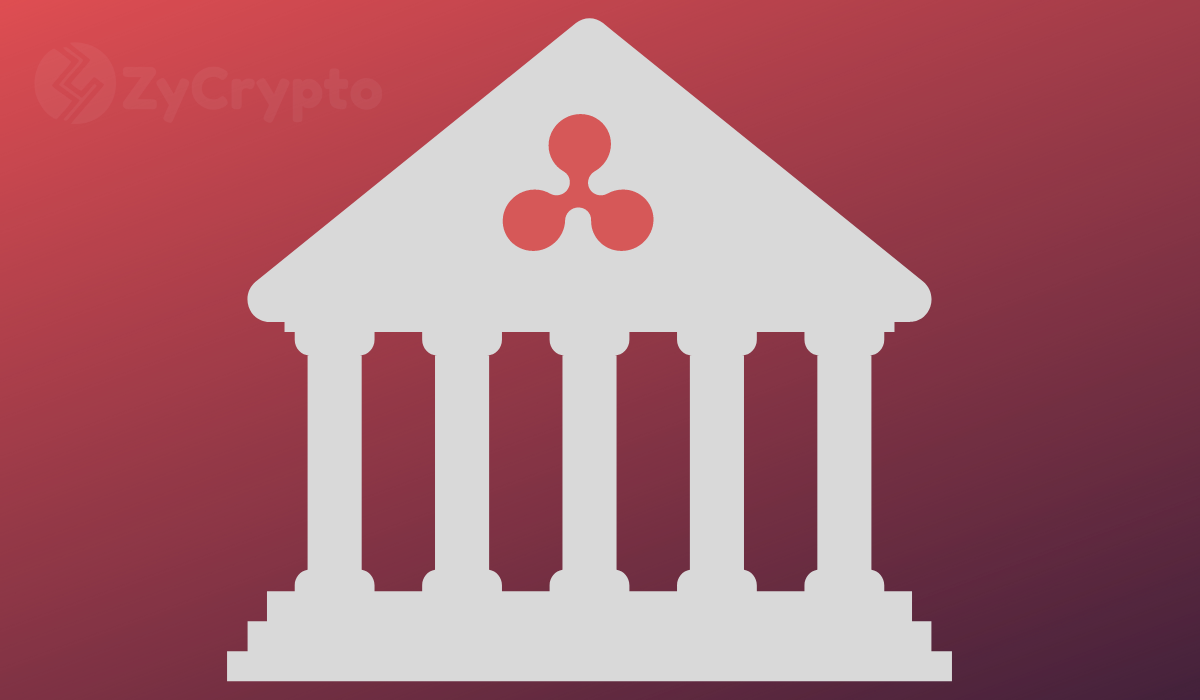For quite a long time now, scalability issues have plagued the cryptocurrency sector and even though there has been a significant improvement, especially when compared to what was obtainable a few years ago, there is still a lot to be done.
There are many who believe that if scalability can be improved in crypto, and this solution can be somewhat integrated into the traditional financial sector for cross-border payments, mainstream adoption will take a considerable leap forward.
At the forefront of this drive, today is Ripple. Through its RippleNet, a network of hundreds of financial institutions, Ripple is bringing the crypto and blockchain solution to traditional markets.
Recently, RippleNet achieved another significant milestone when it was announced that the eighth biggest bank in America, PNC, had joined the network, setting a record as the first in the country to use Ripple’s xCurrent.
The fact that such a huge institution is going the blockchain way, whether through Ripple or not, is a huge step forward for the industry. It’s also not a surprise that the promise of cross-border payments being settled under a few seconds is enticing. As Ripple puts it:
“With more than eight million customers and retail branches in 19 states across the U.S., RippleNet enables PNC’s commercial clients to receive payments instantly and revolutionize the way they process cash flow and manage accounts. With xCurrent, PNC can communicate with customers instantly and confirm payments both before and after a transaction.”
Another attractive case to be made for the use of blockchain for financial institutions is the cost-effectiveness of these cross-border payments. This is particularly true for major Spanish bank Santander, as it is also reportedly looking to expand its current use case for xCurrent, to several other Latin American locations after being successfully used in Spain, Poland, and the United Kingdom.
Also, institutions that use RippleNet have already noted significant savings as they no longer pay hefty amounts to third parties who facilitate these cross-border payments.
Generally, Ripple is driving the adoption of blockchain and cryptocurrency among traditional financial institutions. Now that PNC is fully onboard, it would not be shocking to see a lot more financial institutions use blockchain and crypto for their payments and remittance, whether or not they use Ripple.







